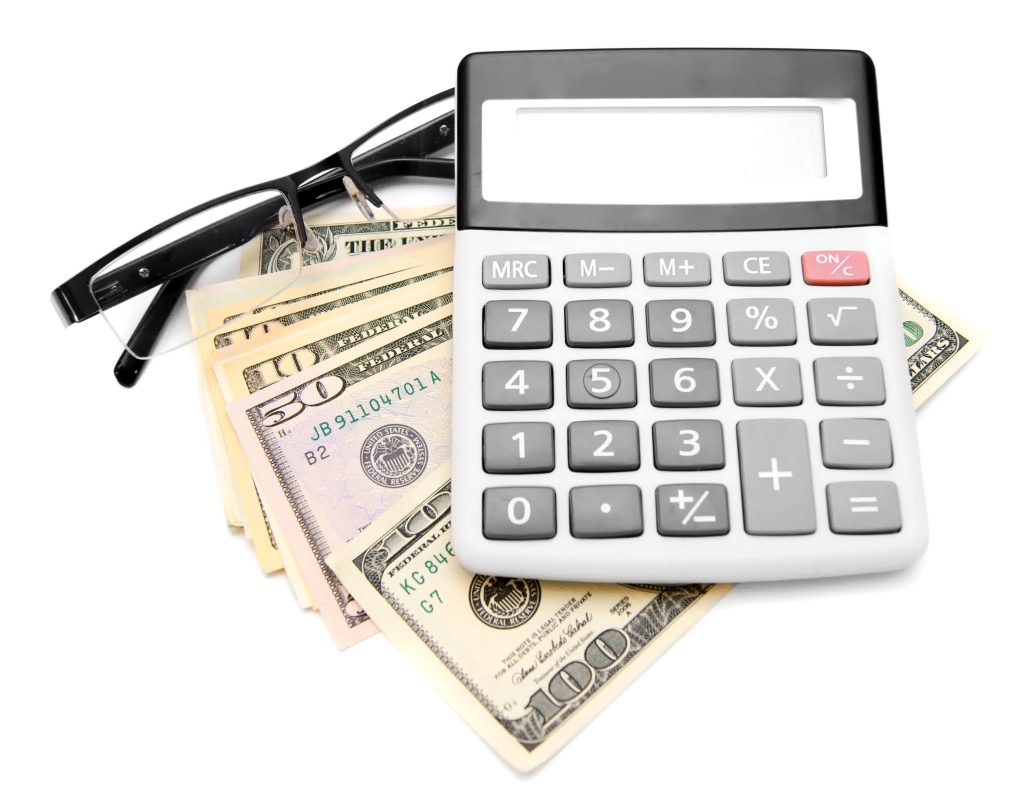If you’re a video editor or filmmaker, you know that the right software can make all the difference in your work. But as with any professional-grade software, the cost can be a bit of a hurdle. That’s where Final Cut Pro comes in – a powerful video editing software developed by Apple. In this article, we’ll be exploring ways to save on Final Cut Pro so you can get your hands on this industry-standard software without breaking the bank. From education discounts to bundle deals and payment plans, we’ve got you covered. So let’s dive in!
There are several ways to save money on Final Cut Pro, a professional video editing software developed by Apple:
- Purchase a license through Apple’s education discount program: If you are a student or teacher, you may be eligible for a discounted price on Final Cut Pro through Apple’s education discount program.
- Use the free trial version: Final Cut Pro offers a free trial version that allows you to try out the software for 90 days before deciding whether to purchase a license. This can be a good way to test out the software and see if it meets your needs before committing to a purchase.
- Consider purchasing a bundle: Apple often offers bundle deals that include Final Cut Pro along with other software programs, such as Logic Pro or Motion. Buying a bundle can be a more cost-effective way to purchase multiple software programs.
- Look for sales or promotions: Apple occasionally offers promotions or discounts on Final Cut Pro, so it’s worth keeping an eye out for any special deals that might be available.
- Use a payment plan: Apple offers a financing option through the Apple Card Monthly Installments, which allows you to pay for Final Cut Pro in monthly installments rather than upfront. This can be a good way to spread out the cost of the software over time.
In conclusion, there are several ways to save on Final Cut Pro, a powerful and popular video editing software developed by Apple. From education discounts to bundle deals and payment plans, there are options available to help make the cost more manageable. By taking advantage of these opportunities, you can get your hands on this industry-standard software without breaking the bank. So don’t be afraid to explore your options – with a little bit of research and planning, you can find a way to save on Final Cut Pro and take your video editing skills to the next level.
























